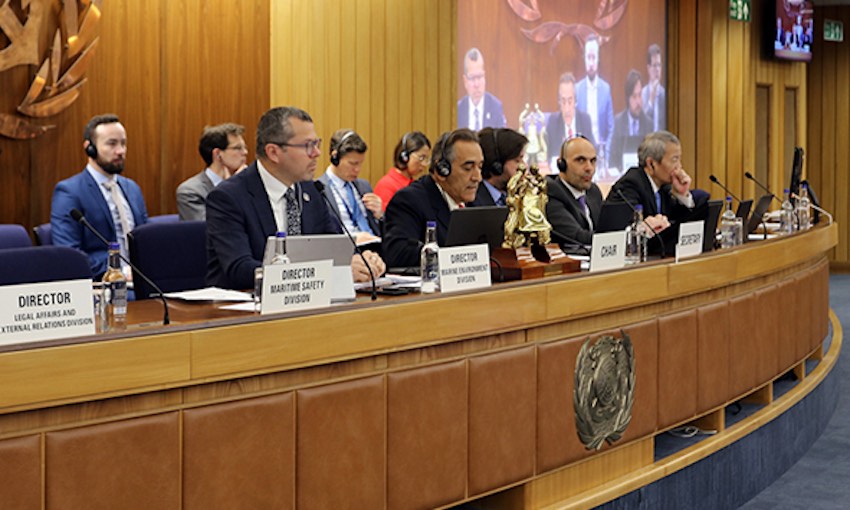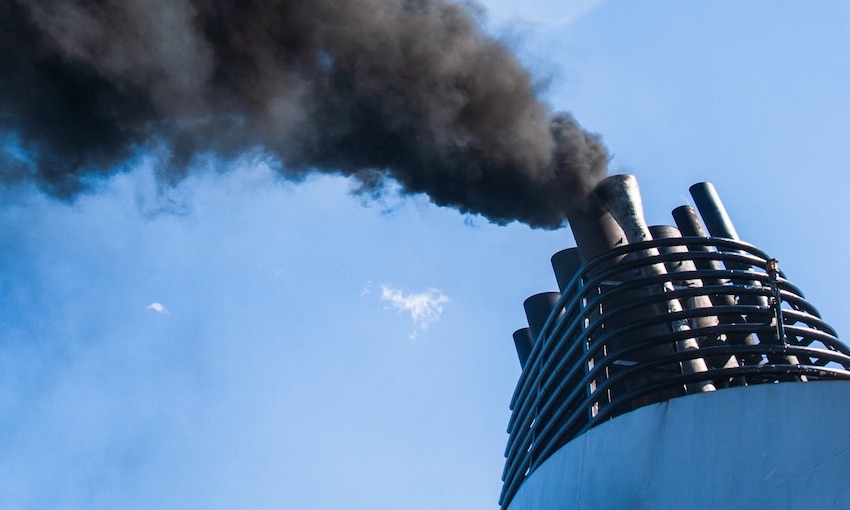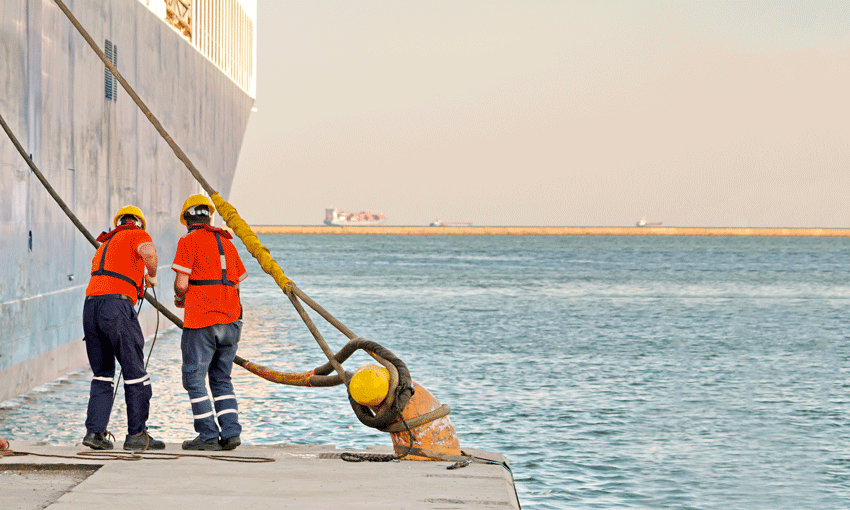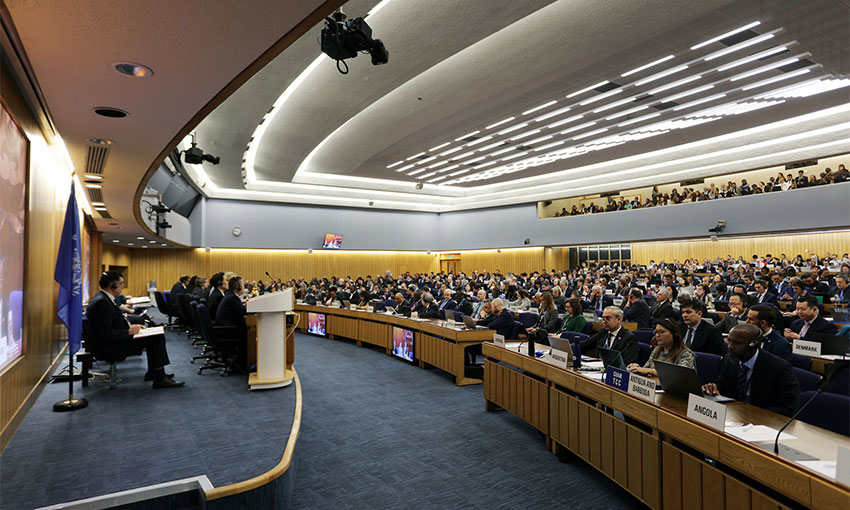THE INTERNATIONAL Maritime Organization Sub-Committee on Pollution Prevention and Response has approved a revised version of IMO biofouling guidelines.
The guidelines cover the control and management of ships’ biofouling to minimise the transfer of invasive aquatic species.
The updated guidelines expand on the previous version and intend to strengthen and increase its uptake.
They were initially adopted in 2011, and in 2018 it was agreed the guidelines should be reviewed to reflect best practices and new research.
Following review and approval at the sub-committee’s 10th session in late April this year, the 2023 version will be submitted to the Marine Environment Protection Committee (MEPC) for adoption.
MEPC 80 is scheduled to meet in July 2023.
Separate to the biofouling guidelines, the sub-committee also plans to develop guidance on in-water cleaning at a future session.
It recommended to the MEPC that the target completion year for the guidance be extended to 2025. It also suggested renaming the guidance as Development of guidance on matter relating to in-water cleaning.
The IMO sub-committee also addressed the seaborne carriage of plastic pellets at its recent session.
“The risks to the marine environment from plastic pellets haves been highlighted by incidents including the X-Press Pearl in 2021, during which 11,000 tonnes of plastic pellets were spilled off the shore of Sri Lanka,” the IMO noted in a summary of the sub-committee meeting.
It said the sub-committee agreed a draft MEPC circular on recommendations for the carriage of plastic pellets in shipping containers.
“The draft circular recommends that plastic pellets should be packed in good quality packagings which should be strong enough to withstand the shocks and loadings normally encountered during transport,” IMO said.
“Packaging should be constructed and closed so as to prevent any loss of contents which may be caused under normal conditions of transport, by vibration or acceleration forces.”





